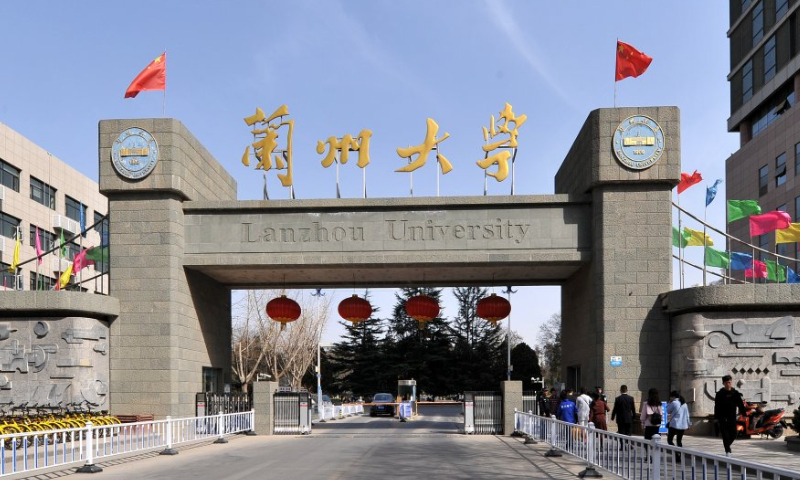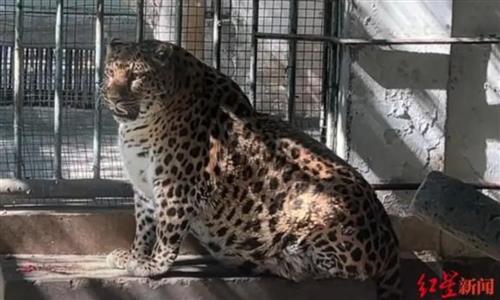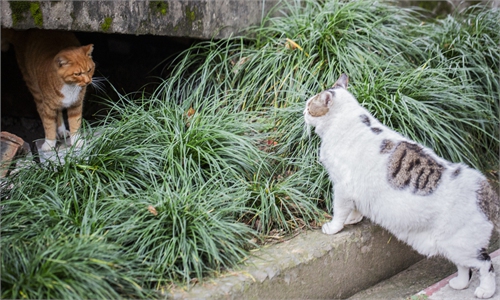
Photo: Official website of Lanzhou University
On Monday night, Lanzhou University's School of Nuclear Science and Technology officially announced the 2024 list of candidates for master's degree transfer admissions on its official website. After checking the list, Xu, a candidate who had attracted significant social attention for allegedly abusing cats, found out that he had not been included in the list of candidates for admission.
According to media reports, after finishing his undergraduate studies, Xu applied for admission to the School of Physics at Nanjing University for a master's degree, but was not admitted. Despite his professional course results ranking first, he received a message that said: "failed to pass the second examination."
Subsequently, he applied for a transfer to Lanzhou University. During this period, some netizens reported that the candidate had allegedly abused and killed cats in the school dormitory and uploaded videos of the acts online.
According to online feedback, many netizens supported Nanjing University's decision to reject the candidate, while earnestly advising Lanzhou University to be cautious about him, given the suspected cat abuse acts by the candidate.
Previously, the Nanjing police responded by stating that they had interviewed the parties involved and their families, and instructed them to write a letter of repentance. Given the school's specific provisions and regulations for the admission of master's students in the reexamination, it is reasonable for the school to judge the candidate as morally unfit for admission based on his behavior, but some argue that the school's handling of the situation is too harsh.
In fact, this is not an isolated case. A university in Central China's Henan Province once reported that a student named Li was involved in cat abuse and was expelled; in Southwest China's Sichuan Province, a school punished two students for mistreating stray dogs and placed them under surveillance at school.
Leaving aside the deeply ingrained concept of harmonious coexistence between humans and animals, animal abuse itself is not trivial. It not only involves personal conduct issues but also reflects a lack of reverence and respect for life, and may have legal consequences.
Many netizens' relentless pursuit of this matter is likely to stem from an emotional response and moral disagreement and there is still room for further clarification of the events, their causes and other details.
In a survey involving tens of thousands of people, 90 percent of netizens agreed that "graduate admissions should strengthen moral assessment." This indirectly reminds us: conduct and knowledge should not be neglected, and the public expects universities to strengthen the cultivation and assessment of students' moral character.
In recent years, incidents of misconduct by university students have occurred from time to time. Good grades may be a sign of being a "good student," but they certainly do not equate to good character. A student with poor character but good academic performance may pose a significant threat to society in the future.
Since ancient China, "virtue" has always been an important criterion, represented by Confucianism. The importance of education lies not only in imparting knowledge and skills but also in shaping personalities and nurturing values. In other words, social development requires more well-rounded individuals. From this perspective, using the "measuring stick" of moral character is crucial for universities in talent cultivation and selection.
For schools, it may be helpful to refine their "admissions brochure," especially to clarify the rules and criteria for immediate disqualification, in order to better ensure fairness and reasonableness. For students, while it is important to perform well in exams, it is even more important to excel in the "invisible exam" of moral character outside the examination hall.
The author is a reporter with the Global Times. life@globaltimes.com.cn




